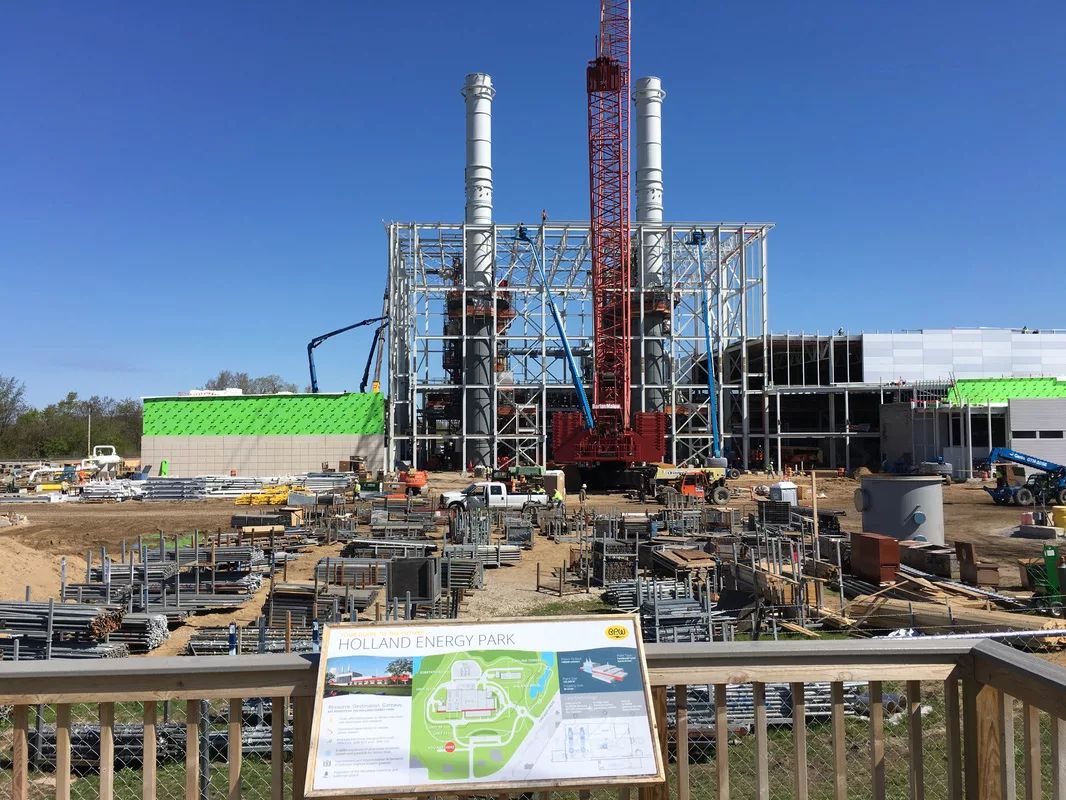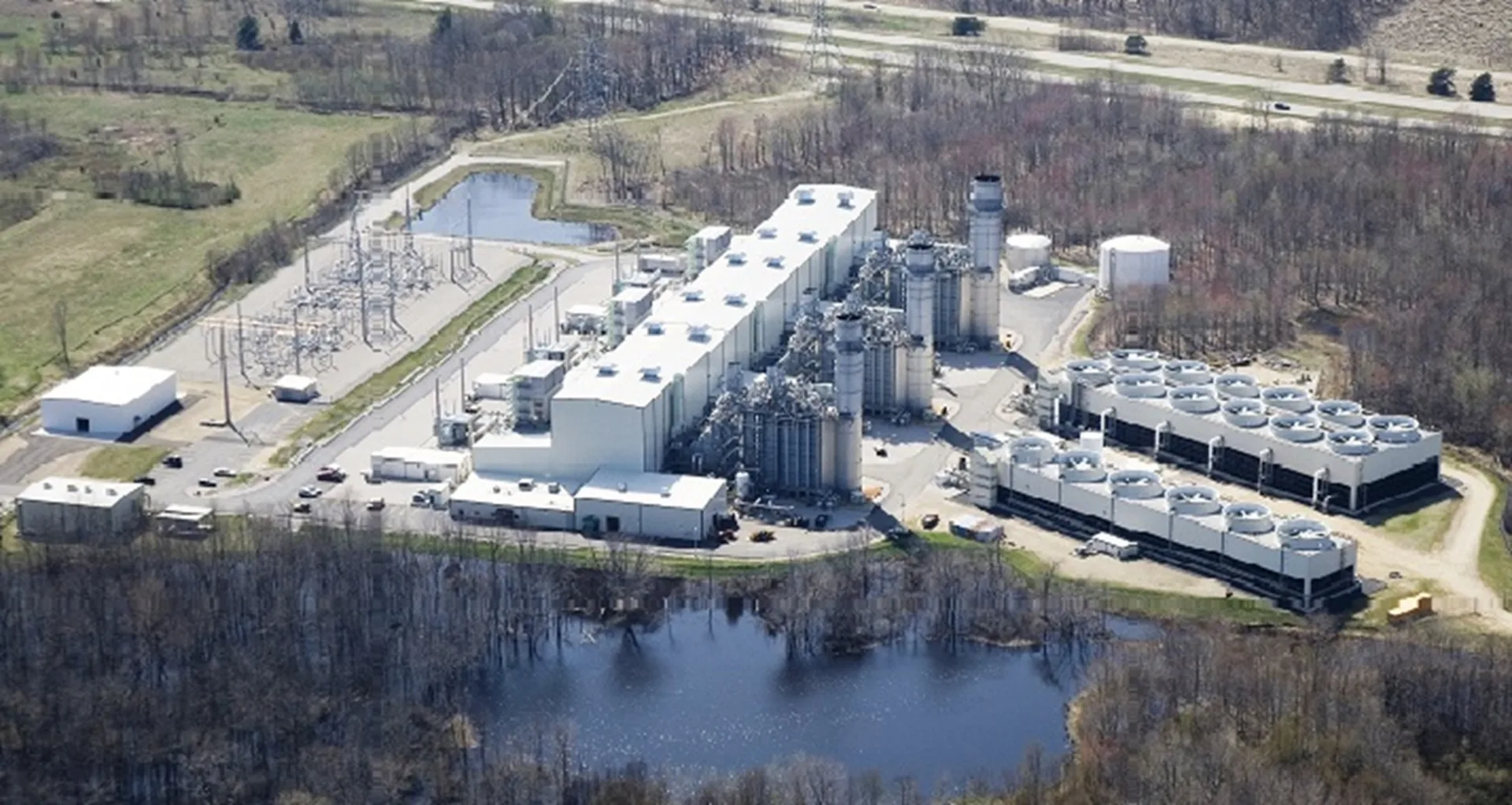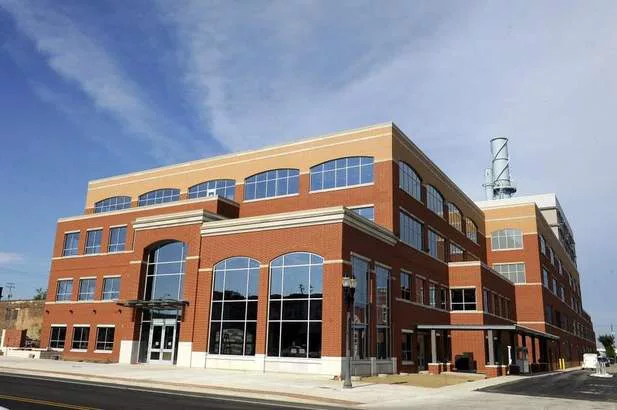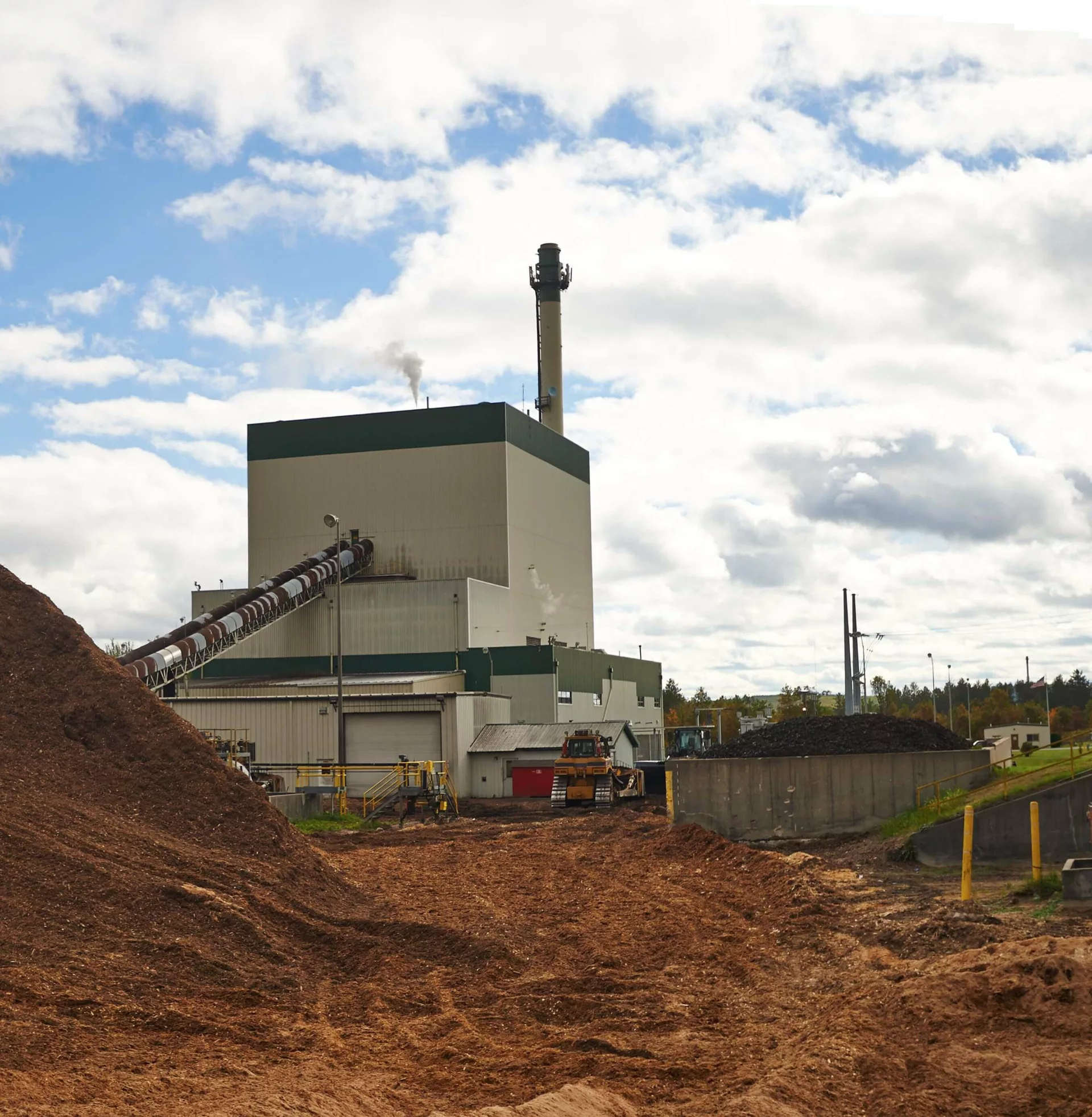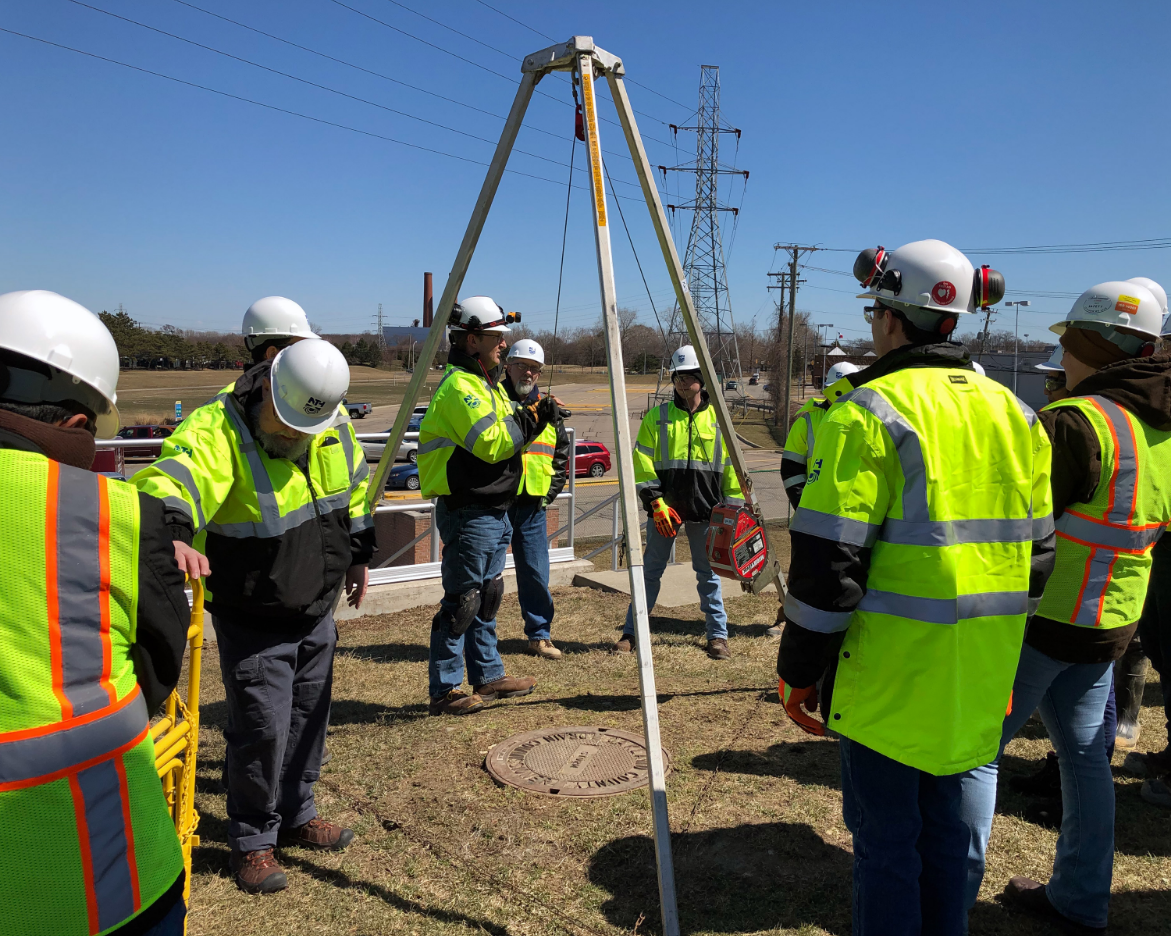Project Overview
From its conception, Holland Energy Park has been dubbed the Resource, Destination and Gateway for the Holland Community. But it was no easy road for the staff at Holland Board of Public Works (BPW); a process that, in fact, would span nearly ten years. What emerged was a new 114 MW natural gas combined heat and power (CHP) plant and an agreement to purchase 17 MW of wind generation from the Beebe Wind Farm in Ithaca, MI. The new CHP will provide electricity, central district heating and snowmelt for the Holland community.
Project Scope
On April 26, 2013, NTH Consultants, Ltd. met with BPW and HDR, Inc. (Owner’s Engineer) to discuss the air permitting requirements. Over a period of 12-weeks NTH worked closely with HDR and Barton Malow as the facility design unfolded and new information was obtained. NTH calculated air emissions for several operational scenarios, including various turbine loads, startup, and shutdown; and evaluated applicable state and federal air quality regulations that may impact operation of the plant. An extensive air pollution control technology evaluation was also conducted.
Finally, NTH conducted a thorough ambient impact analysis using dispersion modeling techniques to determine concentrations of regulated air contaminants for comparison to health-based standards. Throughout the application development, NTH completed nearly 100 modeling runs at various exhaust stack locations and parameters, and operational scenarios to determine compliance with federal ambient air quality standards and state of Michigan air toxic health based screening levels.
The permit application was submitted on July 22, 2013 and a final air permit was approved by the EGLE on December 4, 2013. NTH worked closely with MDEQ during the permit review process to ensure major milestones were met and that the project was moving forward. Typical air permitting timelines for projects of this magnitude can be anywhere from 6-18 months, but the EGLE processed the HBPW permit application approximately less than 6-months from application submittal. This was due largely to the fact that during the public comment period, EGLE did not receive any comments from the public, U.S. EPA or environmental groups, so they were able to quickly move forward with approval as soon as the comment period ended.
Client Benefit
NTH’s knowledge of air permitting requirements and the permit review process enabled the Holland Board of Public Works to obtain an expedited air permit in less than 6 months. The air permit was approved without comments from the public, U.S. EPA, or environmental groups. The air permit was a success, and the plant has been a recognized, award-winning resource for the community.
